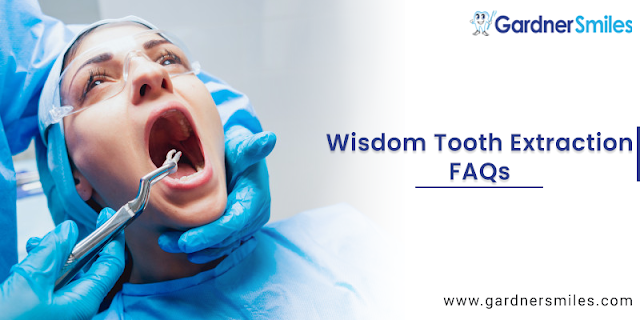How To Find Relief From Teeth Grinding?
A good night’s sleep is very important to revive for the next day. Sound sleep can have many positive benefits on your health and productivity. However, if you are grinding your teeth at night (also known as bruxism), you are unconsciously disturbing your oral health and the quality of your sleep.
Most people tend to overlook teeth grinding issues. We know you might have many questions in your mind like - How serious the problem is? Can there be any negative effects? What shall you do to prevent it? How to treat it? Read on to learn about bruxism and how to deal with it.
Signs of Bruxism
American Sleep Association says that 10 of percent adults and 15 of percent children unconsciously grind their teeth during sleep hours. How can you know if you are having bruxism or not? Here are some common signs and symptoms to look for:
- Clicking in the jaw joints
- Waking up with soreness in the jaw and facial pain
- Waking up with dull headaches
- Your sleep partner hearing grinding noise throughout the night
- Wearing of your teeth - during your regular dental appointments your dentist in Gardner will be able to identify the signs of teeth grinding during the night
Nighttime bruxism can occur due to many potential reasons like anxiety, stress, a misaligned bite, or sleep disorder.
Is Nighttime Bruxism a Serious Issue?
Over time, nighttime teeth grinding can have serious negative effects on your oral and overall health. Chronic grinding can eventually lead to cracked, chipped, or loosened teeth. You might need expensive dental treatments to recovers from its negative side effects. If not paid attention to for a longer time, there is a possibility that your nighttime bruxism could lead to Temporomandibular Disorder (TMD) and you have to experience its painful effects.
How to Prevent Nighttime Teeth Grinding?
To prevent nighttime bruxism, the first thing you could do is to visit your dentist. Seeing your general dentist in Gardner regularly will help diagnose your grinding habit early. Your dentist will assess the seriousness of the condition, the extent of damage it is causing, and any additional testing if required to determine if you have any sleep disorder.
Your dentist might advise you to wear a nightguard to prevent grinding. A night guard is basically a custom-made plastic oral appliance that you should wear over your teeth while sleeping to prevent grinding.
Other ways to minimize its effects are:
1. Stress relief
Sometimes stress or anxiety could be the reason behind your nighttime teeth grinding habit. You shall consult your doctor about ways to reduce stress and make necessary lifestyle changes.
2. Limit consumption of alcohol and/or caffeine
Extreme consumption of caffeine and/or alcohol can contribute to teeth grinding and clenching.
3. You shall avoid chewing gum during the day as it might contribute to bruxism
Nighttime teeth grinding should not be avoided as it could have many possible negative effects on your health. If you suspect you are grinding your teeth in sleep, consult your dentist for restoration. Also, never miss your regular dental appointments with your general dentist in Gardner, MA.


.png)

Comments
Post a Comment